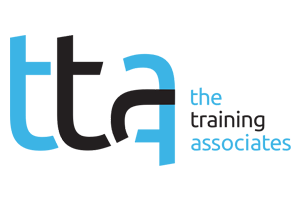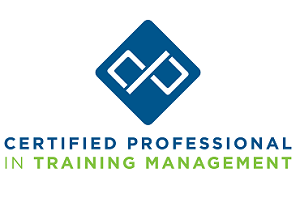As a self-proclaimed extrovert, “listening” is not a word that I easily identify with. Throughout my life, I have always wanted to dive into discussions, introduce myself to strangers and embarrass my wife along the way. This conversation-seeker mindset has benefitted me in the form of having deep conversations, getting to know people around the world and creating lasting memories. I believe being extroverted is a blessing, but it also comes with many challenges.
Someone who loves to talk, like me, can easily fall into the common trap of failing to listen, understand, show empathy and build relationships. To summarize: I was a terrible listener.
Who Are the Real Experts?
Many individuals around the world struggle with listening as well. In fact, I believe that in a world of social media, instant information and speedy messaging, we have developed a lack of patience the likes of which humanity has never seen.
We see this problem in the training industry, too. There are far too many training professionals who think it is all about them, not their learners. The industry needs fewer lecture-givers and more facilitative listeners. Often, training professionals believe that since they have been hired as the expert, they need to do most of the talking. The opposite is actually true: Real experts are not the people who have all the answers; they are the people who facilitate the process of helping others find their own answers.
We are in the business of developing self-motivation, not reliant motivation. When we listen, we enable our learners to dive deep inside themselves to pull out the answers that will actually help them change their lives. When we lecture them or answer all of their questions instead of guiding them to their own answers, we actually cheat them out of the most important part of the development process.
It is time for training professionals to become less talkative and more focused on listening. When we listen effectively, we can point our learners to their own answers and empower them toward self-motivation.
Becoming a Better Listener
If you are unsure whether or not you are a good listener, here are a few questions you can ask yourself:
- Do you remember names of strangers when you meet them?
- During a conversation, do you constantly find yourself thinking of what you should say instead of intently listening to what the other person is saying?
- If you were asked to repeat what someone else said during a conversation, would you be able to?
If you are like me, you may have answered the opposite of how you would have liked to all three of these questions.
At first, I believed that this was simply how extroverts behaved. In our culture, filled with personal assessments and individuals attempting to understand themselves better, I bought into the lie that it was OK, because it was how I was wired. However, just because we are wired a certain way does not make it right or helpful.
To overcome my lack of listening skills, I began looking at other leaders I knew who were extroverts. What made them such good leaders and listeners? Here are seven key traits I picked up on while watching the way they led and listened:
- They let the other person or party speak for at least 75% of the conversation.
- They never interrupted, no matter how much they disagreed, had a wise follow-up statement or even wanted to agree.
- They held eye contact for the entire conversation.
- They asked questions that led the other person to a personally-identified answer instead of trying to come up with the right thing to say to direct the other person in a certain way.
- They always spoke from a place of humility and gentleness, even when correcting.
- They asked clarifying questions when they did not understand something to make sure both parties were on the same page.
- They treated the other individual like a human being, not a prospect or a project.
In our society, being loud, sounding right and overpowering others is often admired. However, the leaders who are changing the world are the ones who are applying these seven traits in every conversation they take part in.
The world needs leaders who seek to understand, listen intently and humbly serve. Let’s be those people in all areas of our lives, both personally and professionally. The world will be a better place because of it, and we extroverts may just be able to remember some names for once.
“Most people do not listen with the intent to understand; they listen with the intent to reply” (Stephen R. Covey).




